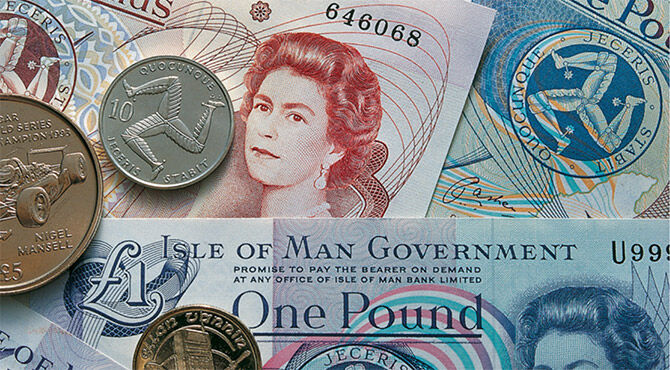Isle of Man: Tax and National Insurance
‘The Isle of Man offers some of the lowest personal tax rates in Europe, along with many other benefits including 0% corporation tax; making it an attractive jurisdiction for individuals, businesses and investors considering a relocation.’

Personal Tax Rates
The Isle of Man operates a simple taxation regime with two tax rates (or bands) for individual personal income. The standard (or lower) rate is 10% and the upper rate is only 20%, which is considerable benefit to individuals relocating from the UK and Ireland where the upper rate is 40%.The standard rate (10%) tax threshold is £6,500 for a single person, £13,000 per couple. The remaining balance is taxed at the upper rate.Tax Cap
There is a tax cap of £200,000 for an individual, and £400,000 for a jointly assessed couple. Under the tax cap system, an individual must elect for the tax cap to be applied and, if the election is approved, it will apply to the individual for a period of five consecutive tax years.Personal Allowances
For the 2022/2023 tax year, the personal allowance (tax free earnings) for a single person is £14,500 and for a jointly assessed couple, £29,000.National Insurance
The National Insurance system on the Isle of Man is very similar to that of the UK. Currently, there are 4 classes of contribution with Class 1 being the most used as it is for employers and employees. Like the UK, Isle of Man national insurance contributions provide essential funding towards the Island’s NHS, state pension scheme, unemployment benefits, maternity allowance, and other social programmes.For employees, national insurance is deducted from their gross income. The current rate is between 11 and 12%, dependent on income. Self-employed individuals will pay Class 2 or 4 contributions, with contributions based on a percentage of profits generated.Registering as a new tax resident on the Island is a very straightforward process. Relocating individuals should be mindful that they are legally required to submit an annual tax return and obtain a National Insurance number.Visit our Isle of Man section to find out more
©2025 Re:locate magazine, published by Profile Locations, Spray Hill, Hastings Road, Lamberhurst, Kent TN3 8JB. All rights reserved. This publication (or any part thereof) may not be reproduced in any form without the prior written permission of Profile Locations. Profile Locations accepts no liability for the accuracy of the contents or any opinions expressed herein.






































